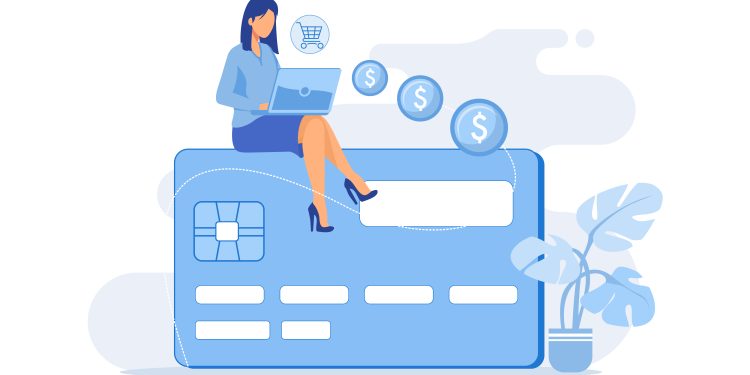As healthcare costs rise, employers are moving towards high-deductible health plans, leaving consumers to have to pay more out of pocket. To help alleviate the high costs of healthcare services, many companies are deploying prepaid options for employees that offer some benefits.
In a recent report, “Prepaid Healthcare Options Expanding,” Jordan Hirschfield, Director of Prepaid at Javelin Strategy & Research, discusses the two fields of prepaid that are expanding dramatically: HSA accounts and health incentives.
Health Savings Accounts (HSAs)
Prepaid accounts play a significant role in the healthcare industry, particularly in relation to insurance. With high-deductible health plans, you pay a smaller amount for your deductible every month through your paycheck. These plans often offer a health savings account (HSA), which is similar to a prepaid account—money is deposited into the HSA before taxes are taken out, so you save money. When visiting a doctor, funds can be used via the HSA, thus in turn, saving on taxes too.
One of the advantages of HSAs is that the money deposited never expires.
“If you’re a healthy person and don’t need much medical care, you can keep accumulating funds in your HSA over time,” Hirschfield said. “When you do need healthcare—whether it’s for something like braces or buying medication—you can use the money in your HSA to cover the costs.”
There’s also a similar prepaid option called Flexible Spending Account (FSA). The FSA works in a similar way to the HSA, but the main difference is that the funds in the FSA expire at the end of each year.
Both the HSA and FSA provide tax benefits and can help people save money on healthcare expenses. Many employers offer these prepaid accounts as a benefit, and some even contribute to them. However, these accounts are often underutilized, even though they can be valuable tools for managing healthcare costs.
Incentive Programs
Prepaid cards are used within the healthcare space for various incentive programs—including participation in activities such as drug trials, plasma donations, and blood drives. Participants may receive small gift cards as a token of appreciation for their involvement.
Incentive programs are also common in employer-sponsored healthcare plans. Many major healthcare insurers offer these programs to motivate individuals to engage in healthy behaviors. Participants can earn credits or rewards, such as a dollar credit for walking 10,000 steps a day. These rewards can be redeemed for gift cards, which can be specific to certain retailers or general purpose cards such as Amex, Mastercard, or Visa.
These incentive programs are especially prevalent in Medicare plans for retirees. They aim to promote an active lifestyle, as it’s believed that being active can lead to lower healthcare costs. Participants can accumulate points or credits by reaching certain milestones, and these points can then be converted into gift cards as a reward.
“Using prepaid cards as incentives benefits the insurers because it motivates individuals to adopt healthy habits, ultimately reducing healthcare costs,” Hirschfield said. “People perceive the prepaid cards as rewards, regardless of the amount, and find value in using them for purchases at their favorite retailers or as general spending cards.”
But Do Incentive Programs Work?
The idea behind using incentives is to motivate people to engage in healthier behavior. For the most part, healthy individuals who may already be walking 10,000 steps a day will likely participate in these activities anyway and receive rewards for what they would do normally. In contrast, individuals who are not already engaged in healthy behaviors may not be as influenced to change.
“While there may not be specific studies to prove the direct impact of incentives on behavior change, insurance companies continue to use these programs because they believe they can reduce overall healthcare costs,” Hirschfield said.
“There’s a good likelihood that incentive programs are also a sales tactic for insurance companies selling their plans to insurance brokers into organizations,” he said. “They say, ‘we’ll help your employees stay healthy and happy.’ Health insurance is not just there for the good of the people—it’s also a business.”
Regardless, the incentive market in healthcare and the use of prepaid cards in these programs are areas of potential growth.
“They provide an opportunity for companies in the prepaid industry to participate in B2B relationships and offer high-value rewards,” Hirschfield said. “It also creates a positive connection between consumers and the companies providing the incentives, enhancing goodwill and customer satisfaction.”










